CD Ludwig van Beethoven: Klavierquartette Woo 36 Nr.1-3
Dynamic (4)
24. January 2020
Europe
This album is a compilation of Ludwig van Beethoven 'Klavierquartette Woo 36 Nr.1-3. It was released in 2020 and is a great album for classical music lovers. The quartets are performed flawlessly and are a great listen for any time of day.
Condition
New
Availability
Price
479 CZK
679 CZK
Availability
Details
| Title | Klavierquartette Woo 36 Nr.1-3 |
| Artist | Ludwig van Beethoven |
| Format | CD |
| Labels | Dynamic (4) |
| Country of issue | Europe |
| Date of publication | 24. January 2020 |
| First released | 2020 |
| EAN | 8007144078546 |
| Product ID | 250308 |
This album is a compilation of Ludwig van Beethoven 'Klavierquartette Woo 36 Nr.1-3. It was released in 2020 and is a great album for classical music lovers. The quartets are performed flawlessly and are a great listen for any time of day.
Album spans genres Classical and Romantic.
Ludwig van Beethoven
Our reviews:
CZ Shipping from 49 CZK
and for selected shipping methods free from 2 000 CZK!
We have everything!
Over
192 000
LP a
333 000
CD
on offer
Loyalty discount up to 5%
For registered customers
Have control!
The most advanced tracking
of availability and orders



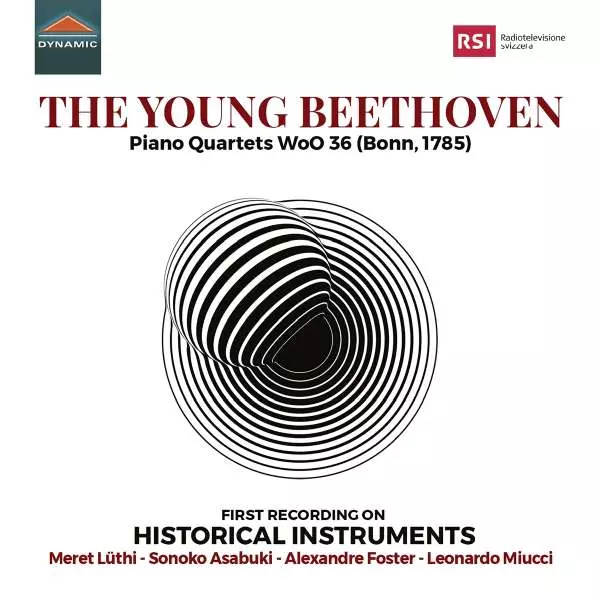
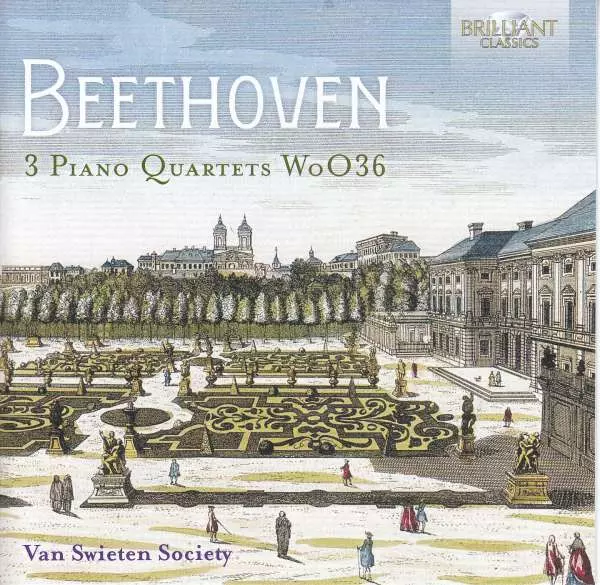

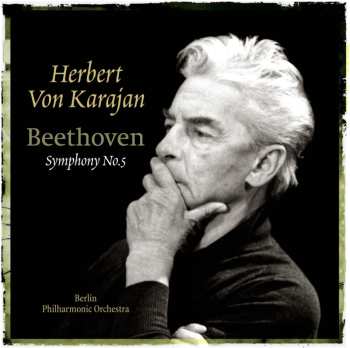



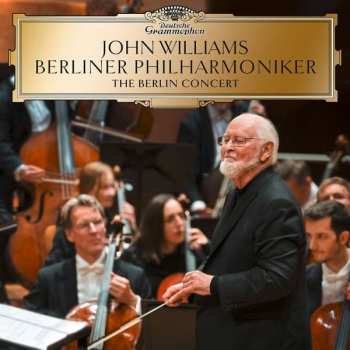
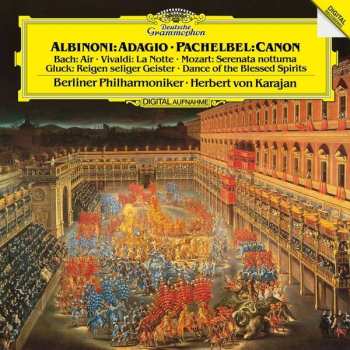
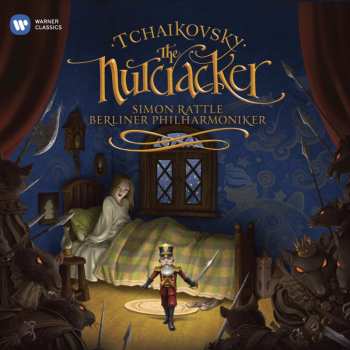
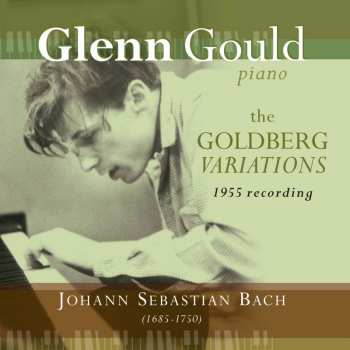

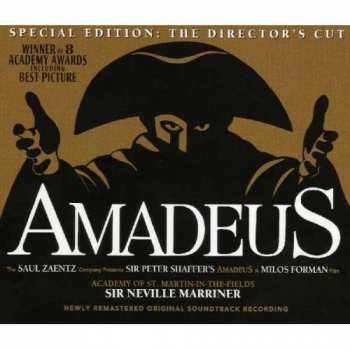






 Berliner Philharmoniker
Berliner Philharmoniker
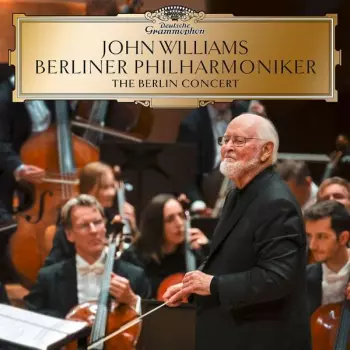
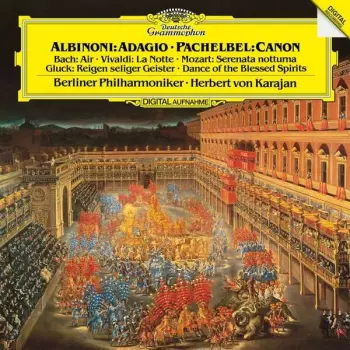

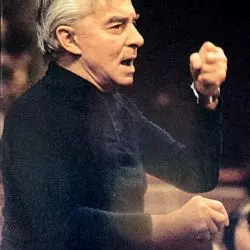 Herbert von Karajan
Herbert von Karajan
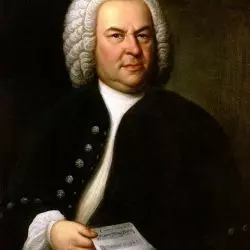 Johann Sebastian Bach
Johann Sebastian Bach


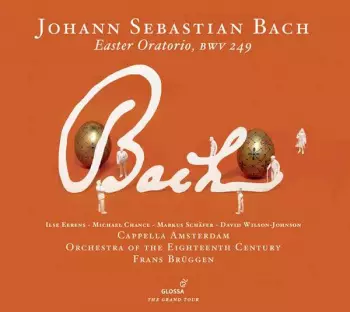
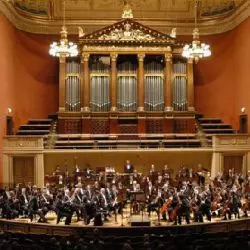 The Czech Philharmonic Orchestra
The Czech Philharmonic Orchestra
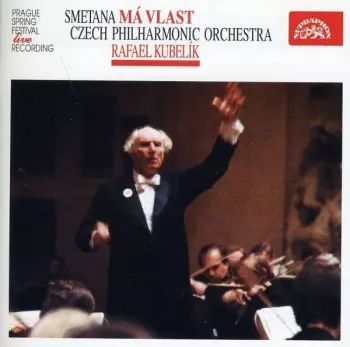


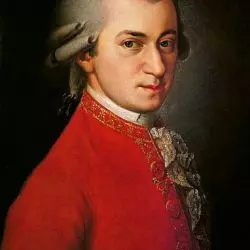 Wolfgang Amadeus Mozart
Wolfgang Amadeus Mozart
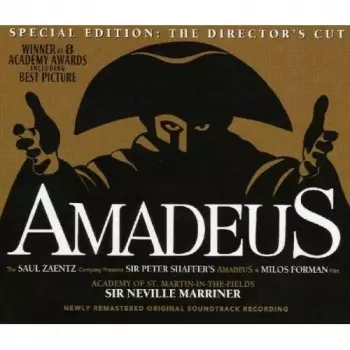

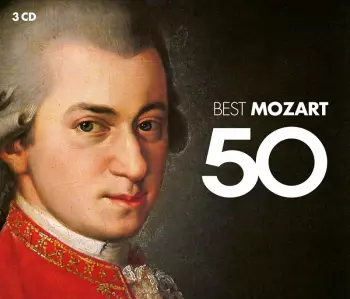
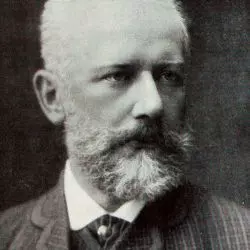 Pyotr Ilyich Tchaikovsky
Pyotr Ilyich Tchaikovsky


